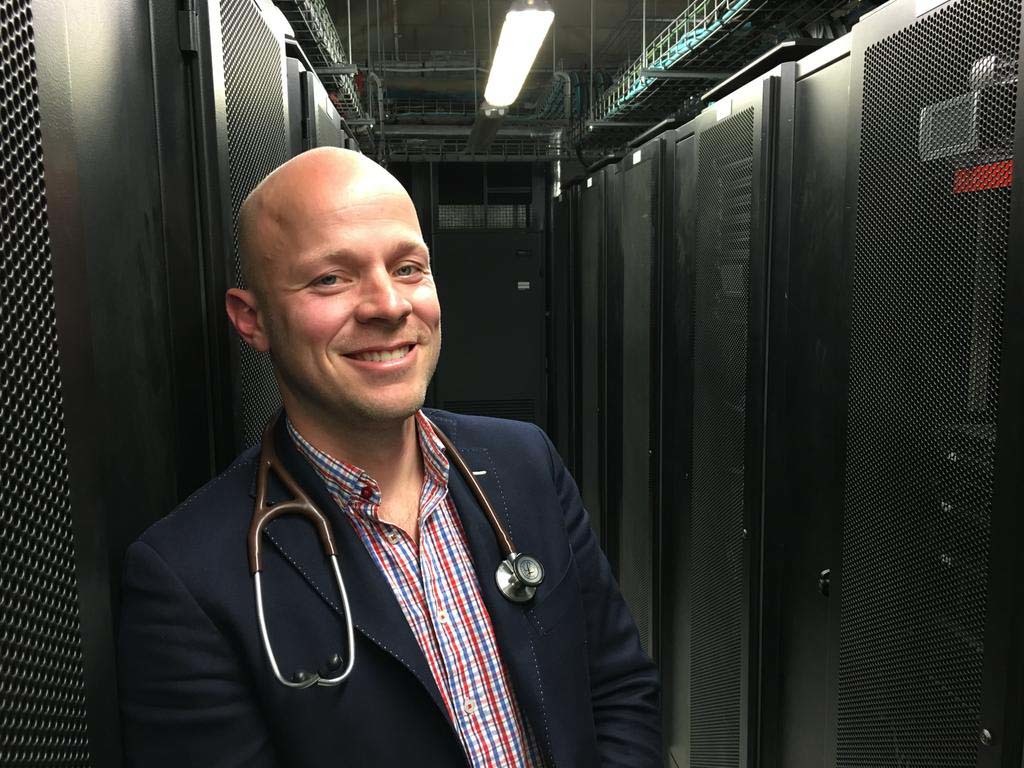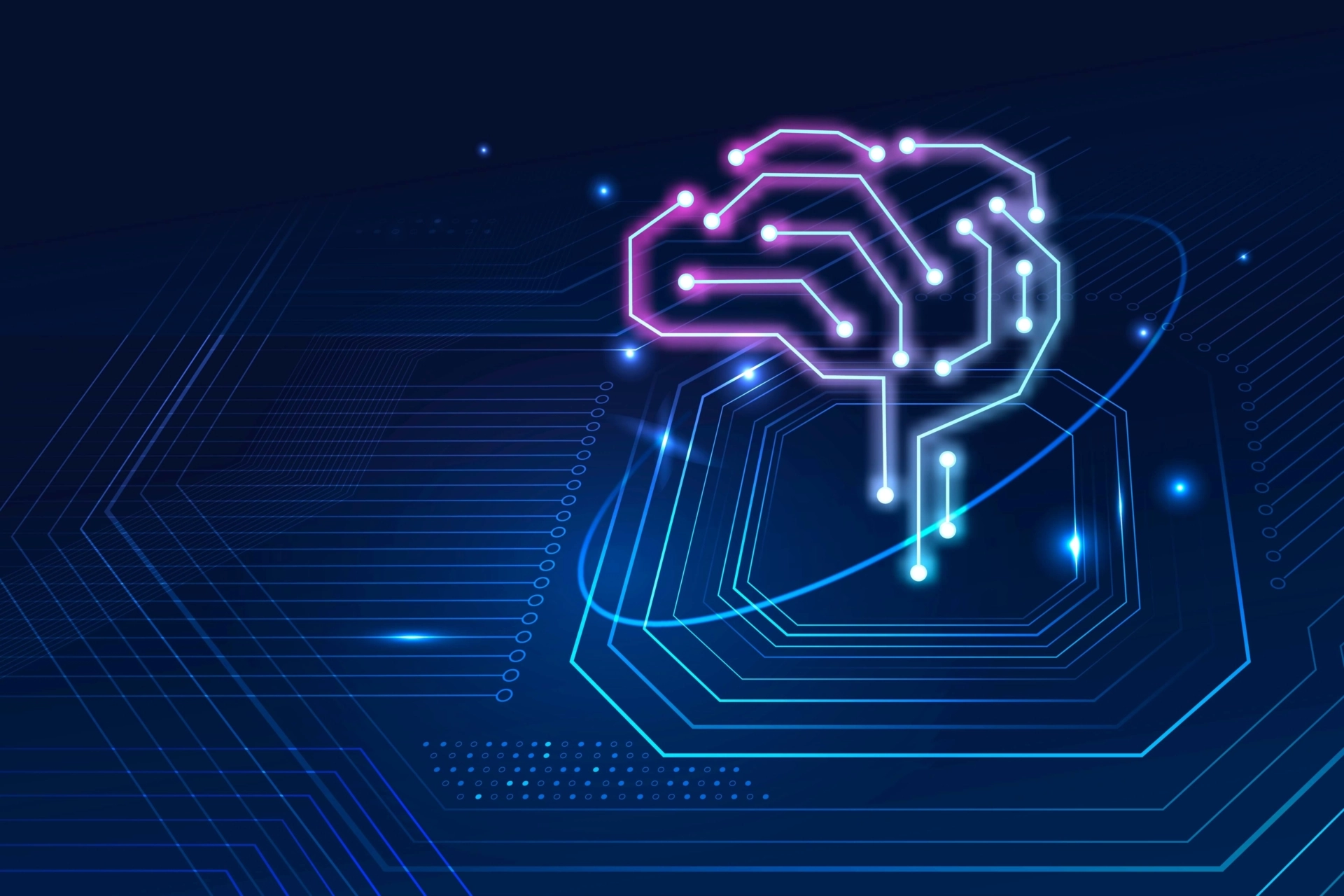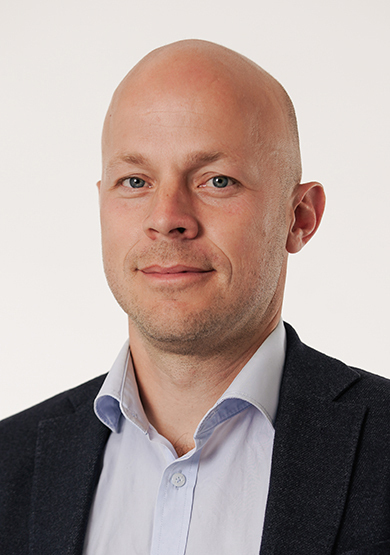The recently established Artificial Intelligence program is a synergistic collaboration between the leaders in biomedical research at SAHMRI and the Australian Institute for Machine Learning (AIML).

AIML is ranked second in the world Computer Science Rankings and the largest machine learning group in Australia.
The team investigates the application of machine learning in basic, clinical and population sciences. The Machine learning has been applied to the analysis of medical data for many years. Until recently, this was usually based on carefully handcrafted algorithms that performed limited, well-described tasks in imitation of the human process for analysing data, in particular medical images.
Medical machine learning focuses on how computers learn from medical data and is at the intersection of statistics, computer science and medicine. The marriage between the different fields is driven by the unique computational challenges of building statistical models from massive data sets, which can include billions or trillions of data points. Using these datasets, we can not only learn those tasks that healthcare professionals can already do well, but also learn those where physicians have had only limited success.
Medical machine learning algorithms are likely to comprehend an image or a complex medical dataset as well as humans and potentially lead to improved or new diagnoses. This is driven by the fact that many current systems assume that each condition exists in isolation and is identifiable in one data source. We believe that most conditions are only visible by bringing together multiple sources of information or specific patterns in this information.
The AI program is connecting AIML with the SAHMRI community, providing the team with an unparalleled opportunity to use complex data to develop solutions that help healthcare professionals and patients. Using world-leading expertise within AIML, the program focuses on diagnosis, prognosis and treatment monitoring and also on lowering healthcare costs. The team’s successes in commercialisation reflects how the technology could have a rapid impact on medical applications - much quicker than medical devices.
The program also aims to tackle the biggest problems in methods in medical machine learning by creating tools to curate and annotate data, by making annotation of data more efficient or needed, and by creating tools that could interact with data and algorithms.
Machine learning is going to have a major impact on healthcare on almost any level, including improved disease diagnosis, drug discovery, patient clustering, disease prediction and treatment personalisation.
How Can You Engage?
Grant partnership
If you are looking to apply for a grant, a research program with us can lead to cutting-edge outcome. We will assist you in grant writing progress by adding application of machine learning in your medical research.
Consultancy
To get started on your AI journey, you may need some advice about how to design a technical program to develop a product.
Access to data
We have access to all clinical scans, reports, biomarkers - Statewide Medical Imaging UK Biobank - one of world's biggest biobanks websites.
In addition, we have access to data from HEARTAI platform HEartAI.net
Workshops
We plan to run more workshops in AI and machine learning.


